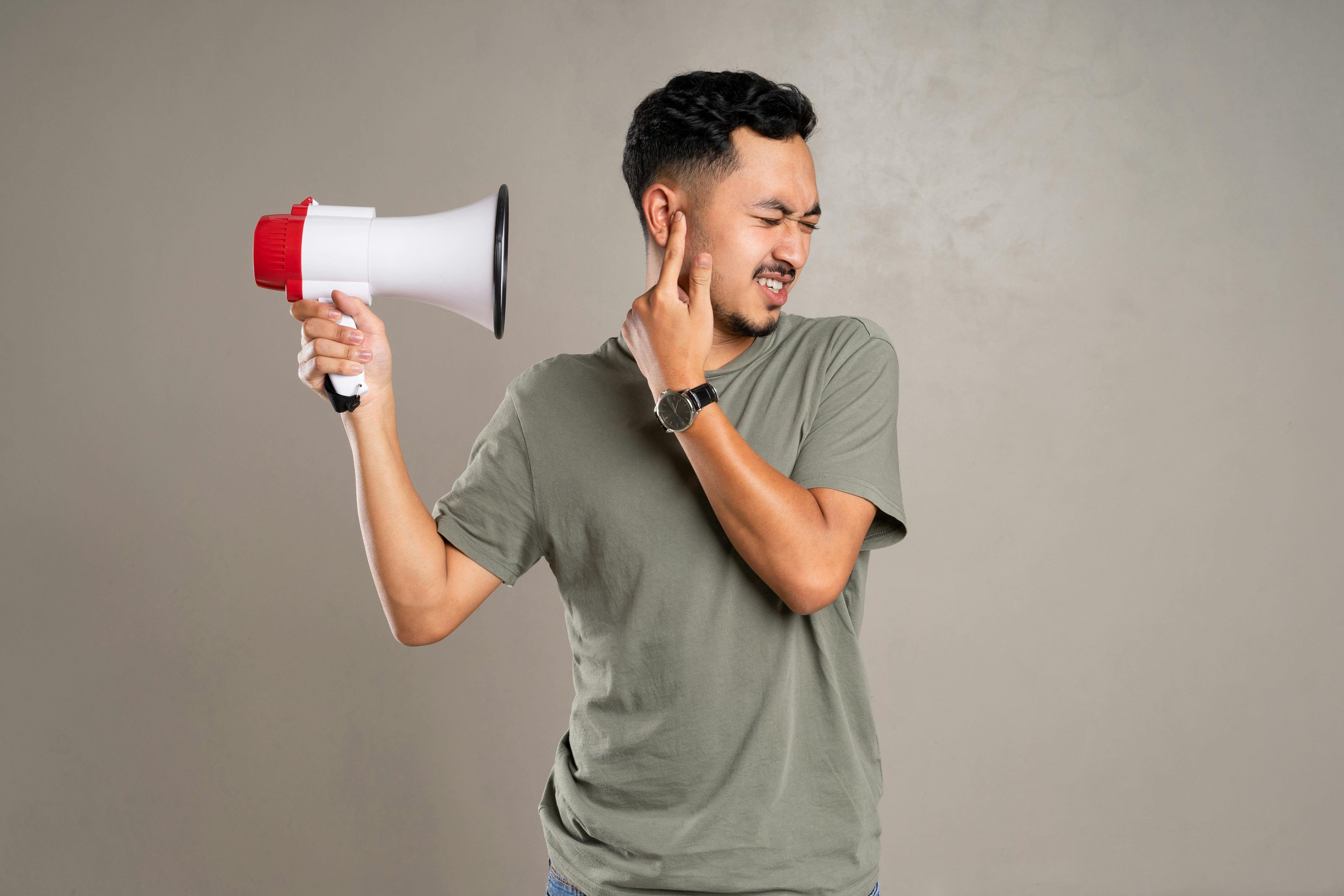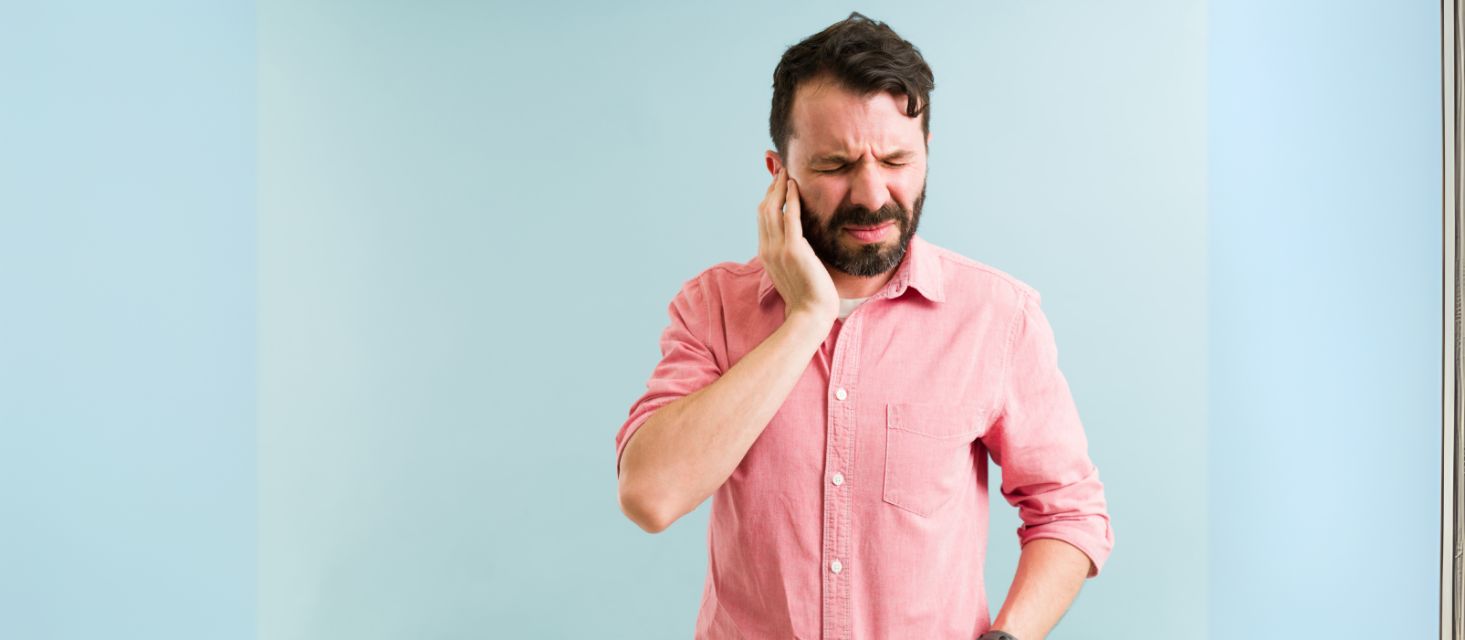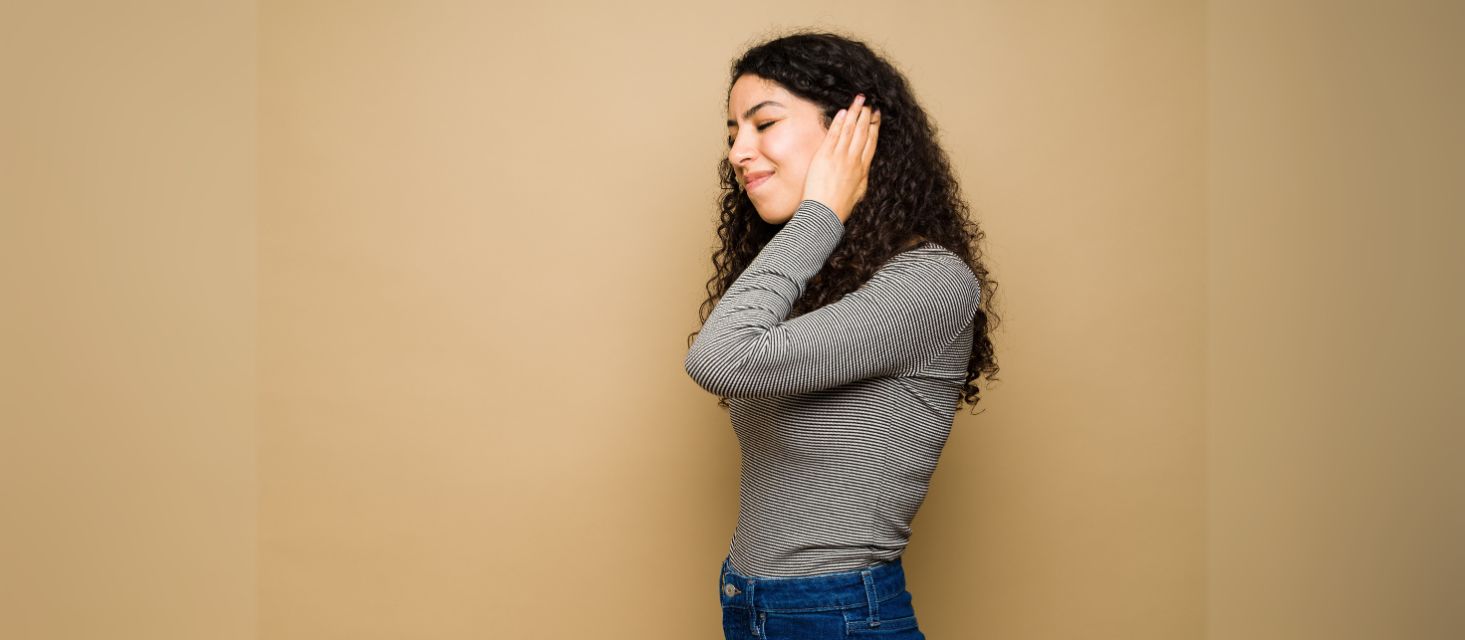Hearing is one of our most important senses, yet many people take it for granted. Protecting your hearing is crucial because once you experience hearing loss, it’s often irreversible. There are many ways to protect your ears and maintain good ear health. Whether you're at a concert, working with power tools, or simply listening to music, understanding how to protect your hearing is vital.
Understanding the Importance of Hearing Protection
Hearing protection is essential because exposure to loud noises can cause permanent hearing loss. Loud noises can damage the inner ear, leading to trouble hearing and other communication disorders. Protect your ears by being aware of the sounds around you and taking steps to reduce your exposure. This can prevent hearing loss and keep your ears healthy for years to come.
Recognizing the Early Signs of Hearing Damage
It's important to recognize the early signs of hearing damage so you can take action quickly. If you notice ringing in your ears, difficulty understanding speech, or the need to turn up the volume on your devices, these could be signs of hearing damage. Early detection can prevent further damage and help you maintain good hearing health.
Limiting Exposure to Loud Noises
Limiting your exposure to loud noises is one of the best ways to protect your hearing. Loud noises, such as those from lawn mowers, power tools, and loud music, can damage your ears over time. Try to avoid noisy environments whenever possible, and if you must be in a loud place, take steps to protect your ears.
Using Hearing Protection Devices
When you can't avoid loud noises, using hearing protection devices like earplugs or earmuffs is essential. Wearing earplugs, especially foam earplugs, can significantly reduce the noise levels that reach your ear canal. This is particularly important when attending loud events or using loud equipment like lawn mowers and power tools.
Managing Volume on Personal Devices
Listening to music or other sounds at high volumes on personal devices can lead to hearing damage. To protect your hearing, keep the volume at a safe level—around 50-60% of the maximum volume. Also, take breaks from listening to give your ears time to rest. This practice helps prevent hearing damage from prolonged exposure to loud sounds.
Giving Your Ears Time to Recover
After being exposed to loud noises, it's important to give your ears time to recover. Spending time in a quiet environment allows your ears to rest and can prevent further damage. This is especially crucial after attending loud events or spending time in noisy environments. Taking breaks from loud sounds is a simple but effective way to protect your hearing.
Preventing Ear Infections and Blockages
Ear infections and blockages can also lead to hearing loss. To prevent ear infections, keep your ears dry and clean. Avoid using cotton swabs, as they can push earwax deeper into the ear canal and cause damage. Instead, clean the outer part of your ears with a damp cloth and consult a doctor if you have a buildup of earwax.
The Role of a Healthy Lifestyle in Hearing Protection
A healthy lifestyle plays a significant role in protecting your hearing. Regular exercise improves blood flow to the ears, which is essential for maintaining healthy ear function. Eating a balanced diet rich in vitamins and minerals also supports ear health. Additionally, avoiding smoking and managing stress can reduce the risk of hearing loss.
Managing Stress to Protect Your Hearing
Chronic stress can negatively impact your hearing, leading to conditions like tinnitus. Managing stress through activities like exercise, meditation, and spending time in nature can help protect your hearing. By reducing stress, you also protect your overall health, which includes maintaining good ear health.
When to See a Professional
Regular hearing tests are crucial for detecting hearing loss early. Adults should get their hearing tested at least once a decade, and more frequently if they are over 60 or at risk of hearing loss. If you notice any changes in your hearing, consult an audiologist or ENT specialist for advice and treatment options.
Protecting Children’s Hearing
Children are also at risk of hearing damage, especially in noisy environments. Parents should monitor their children’s exposure to loud noises and use ear protection when necessary. Regular hearing screenings can help detect any early signs of hearing loss, allowing for timely intervention and treatment.
Conclusion
Protecting your hearing is essential for maintaining your overall health and quality of life. By recognizing the signs of hearing damage, limiting exposure to loud noises, using hearing protection, and maintaining a healthy lifestyle, you can prevent hearing loss and keep your ears healthy for years to come. Additionally, using tools like an ear irrigator under proper guidance can help maintain ear hygiene by safely removing earwax blockage. Remember, once hearing is lost, it’s often irreversible, so take steps today to protect your hearing.
Frequently Asked Questions
How often should I see an audiologist?
You should see an audiologist at least once every few years, especially if you're over 60 or frequently exposed to loud noises. Regular check-ups are important for detecting any changes in your hearing early on. If you notice ringing in your ears or temporary hearing loss after exposure to noise, consult an audiologist sooner.
How long is a hearing test good for?
A hearing test is generally considered valid for about two to three years, depending on your age and exposure to loud environments. If you are regularly exposed to loud noises or take certain medications that can affect hearing, you may need to get tested more frequently. If you wear earplugs often but still notice issues, it’s time for another test.
How do you know if you need your hearing checked?
You may need your hearing checked if you frequently ask people to repeat themselves, have trouble understanding conversations, or notice that you need to increase the volume on your devices. Ringing in your ears, especially after exposure to loud noise, is another sign that a hearing check is necessary. Avoid using cotton swabs excessively, as they can worsen the problem.
How to check if your ears are healthy?
To check if your ears are healthy, look out for signs like clear hearing, no ringing or pain, and no need to turn up the volume excessively. Regularly clean your ears with a damp cloth, avoiding cotton swabs, which can push wax deeper. If you experience prolonged exposure to loud noises, like concerts, wear earplugs to protect your ears. If you have concerns, consult a healthcare provider.








Share:
Related Blogs
Understanding the Connection Between Diabetes and Hearing Loss
Hearing Test Frequency: How Often Should You Get Your Hearing Checked?